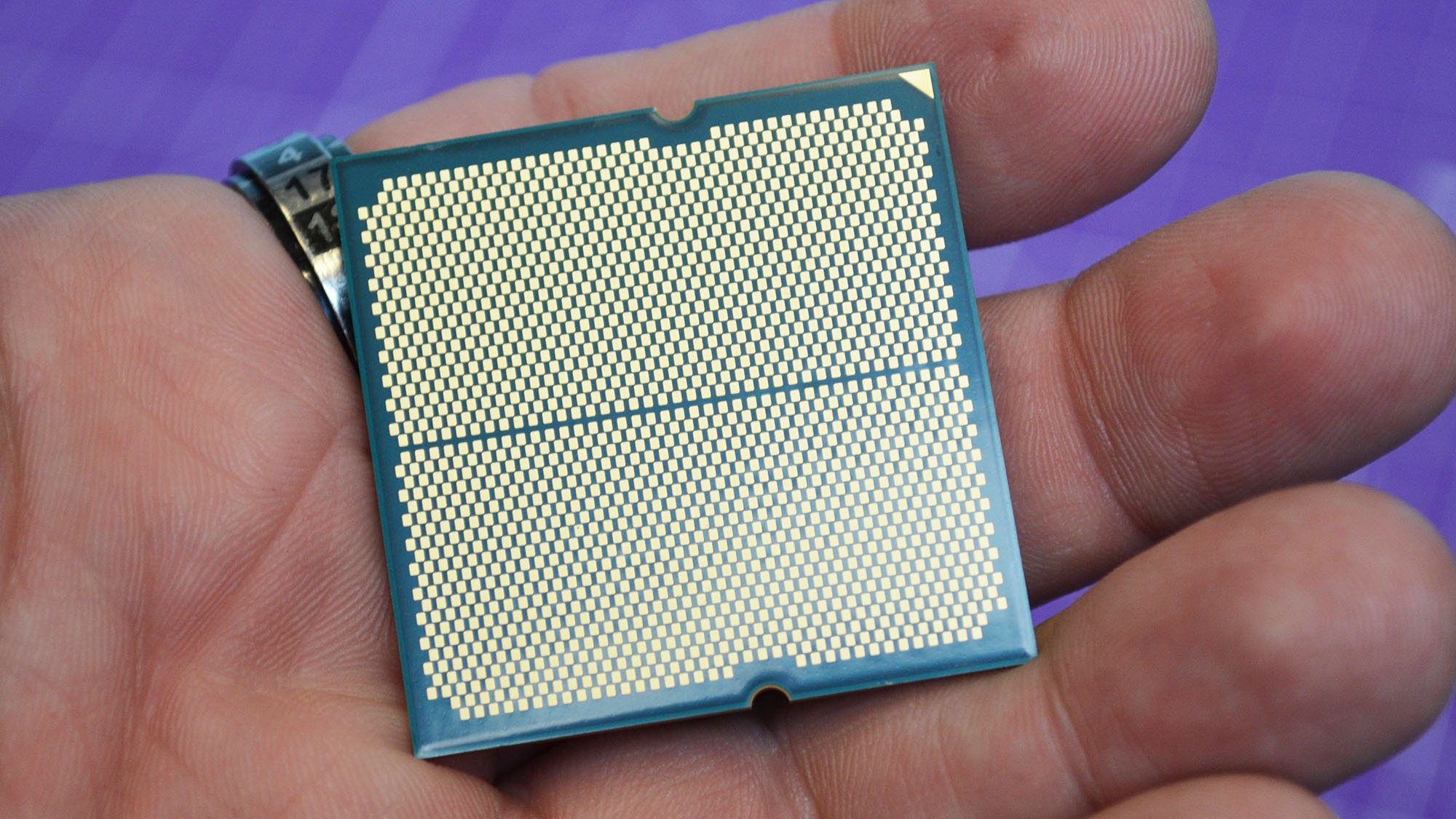
We’ve been hearing some lofty claims of the performance benefits that AMD’s next-gen Zen 5 CPUs might offer of late, but a well-known YouTube leaker has been quick to clarify we won’t witness anything like 40% generational gains.
Granted, the mentioned 40% figure floated recently by another leaker, Kepler, was for a single scenario (SPEC benchmark), and hardly an average performance gain for Zen 5. But Moore’s Law is Dead (MLID) has made it clear what sort of IPC (Instructions per Clock) boost his sources are expecting on average.
So, the first thing to note here is that when talking about IPC, the final figure AMD claims will be partially based on how the marketing department spins things – as ever – and right now, even Team Red can’t say exactly what it’ll be (as the silicon isn’t finalized just yet).
According to one source who works at AMD, though, the expectation – and it is just that at the moment, a prediction – is for IPC gains of around 17% for Zen 5. Which basically chimes with the 15% to 20% that MLID has put forward in the past as the most likely scenario for next-gen Ryzen.
That source from AMD specifically says the average IPC uplift won’t be anything like close to 40%, but to be fair, that was never the claim from Kepler, as we’ve already touched on. Still, the idea is to dispel the notion that some folks might have picked up lately that Zen 5 might be up towards those kinds of miraculous gains, on average.
What do the other sources MLID spoke to as part of this latest video reckon Zen 5 will manage by way of an IPC increase over Ryzen 7000 CPUs? Someone who attended an AMD presentation on its next-gen processors said Team Red floated the idea of IPC gains in the teens, percentage-wise, or perhaps in the low-to-mid 20% area.
A third source claims 15% to 25%, so all of these are pretty much coming in at 15% to 20% in the main – maybe a bit more if we’re lucky. Interestingly, that third source claims Zen 5 has been more of a struggle than AMD thought it would be, but that more recently at Team Red, there have been breakthroughs and a generally greater level of optimism behind the next-gen desktop chips.
The second source also mentions that AMD is looking to launch these Zen 5 desktop processors in Q3 (and server chips too). This is backed up by a recent move by Asus which is already bringing in support for the next-gen CPUs in its motherboards, indicating that the Ryzen 9000 (or 8000) desktop range may not be that far off (Q3 starts in July, of course).
Advantage AMD?
MLID underlines that he’s quite excited about the latest buzz on Zen 5 at this point, given some of the more pessimistic chatter that has been floating around the rumor mill in the past.
As noted, we could be looking at IPC gains of around 20%, maybe up to 25%, which is still an impressive generational uplift (very impressive in the latter case). And whatever the case, the general flavor of all the leaks so far overall is that Zen 5 will offer at least as much of a performance boost as Ryzen 7000 CPUs did, and almost certainly a bit more (maybe a good chunk more).
On top of that, the YouTube leaker believes that the Zen 5 processors should “easily” be ready for Q3, and with the latest Intel Arrow Lake rumors suggesting the rival next-gen CPUs might not arrive until very late in 2024 – or that they might even slip to 2025 – all this could mean the advantage is very much with AMD.
This further raises the prospect that Team Red could even have next-gen X3D ready to go by the time Intel has Arrow Lake out of the door, striking back immediately against Team Blue, at least in the PC gaming arena.
All in all, unless there’s a considerable upset in the way these rumors are currently shaping up, it seems like AMD is onto a winner, and Intel might struggle in the next-gen clash of the best CPUs. However, in the interests of balance, we should note that the expectations are that Arrow Lake will represent a big generational leap for Intel – maybe a huge uplift – though Team Blue might need all the selling power it can get.







